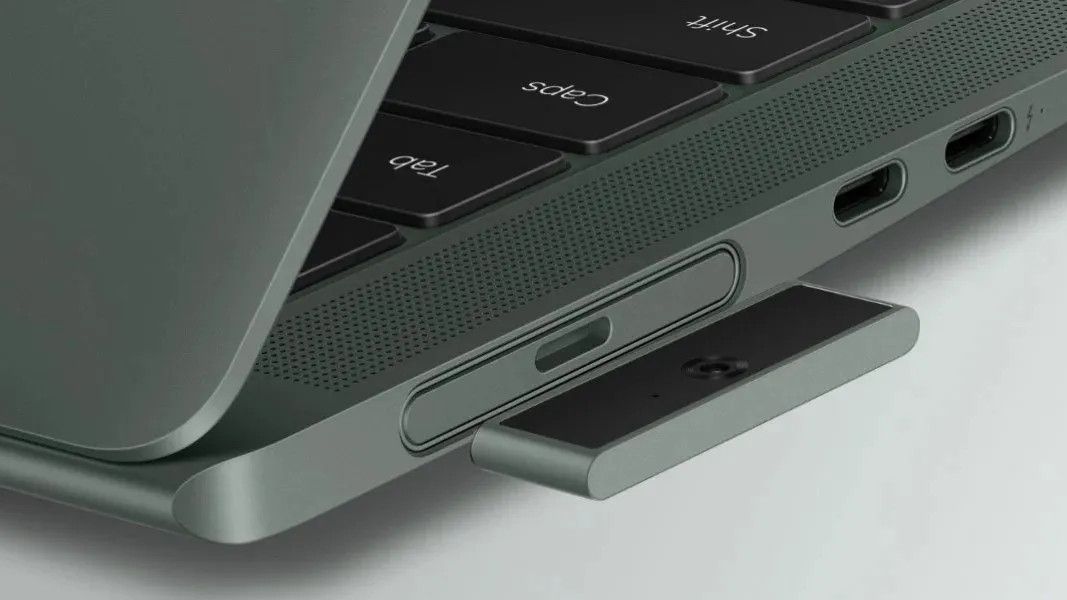Consumers are actively being put off by the mention of artificial intelligence (AI) when making purchases, especially when it comes to high-risk products, a new study claims.
A Washington State University study published in the Journal of Hospitality Marketing & Management surveyed more than 1,000 American adults to assess the link between AI disclosures and purchase intentions, indicating a potential emotional distrust of AI that could potentially hurt sales.
The team used identical products and descriptions, with the only difference being the inclusion of the term “Artificial Intelligence,” and found that eight different categories of technology products and services yielded the same results: AI was always less popular.
Should companies abandon AI-based description?
High-risk products, such as medical diagnostics and automated vehicles, elicited a stronger negative response, as the public felt anxious or insecure about the product.
Low-risk products, such as vacuum cleaners and room service delivery robots, were perceived more positively. However, even low-risk products that mentioned AI were still less desirable than their non-AI counterparts.
Despite its trendy image, the potential negative consequences of AI are causing anxiety among customers, lead author Mesut Cicek suggested.
“When AI is mentioned, it tends to decrease emotional trust, which in turn decreases purchase intentions,” she said. “We found that emotional trust plays a critical role in how consumers perceive AI-powered products.”
The study recommended that companies use phrases such as “advanced technology” or “cutting-edge technology” to alleviate uncertainties within consumer bases and improve sales. Managers should also emphasize transparency in the use of AI and focus on building a trustworthy brand image to alleviate concerns consumers may have.









